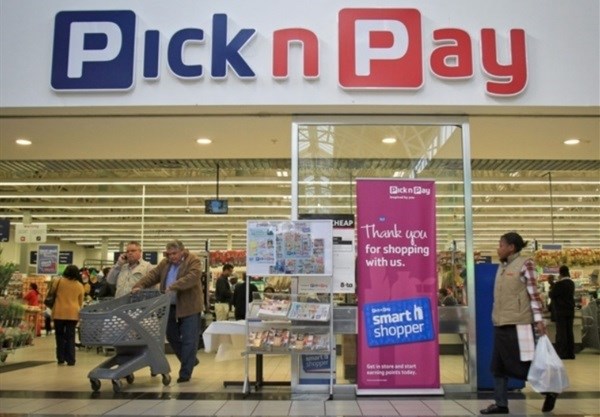
Speaking at the company's AGM, Ackerman said that while South Africa was not over the worst yet, the country was heading in a distinctly more optimistic direction. However, he said, more focus needed to be placed on creating employment.
“In just about every public survey, the number one priority for South Africans is employment. It’s not difficult to see why: with job security comes dignity, the ability to chart your own future, provide for your family and play a meaningful role in the economy.”
Ackerman said that in the past three years, the company had invested R5.3 billion in opening and refurbishing stores and building its supply chain. By doing so Pick n Pay had been able to create almost 14,000 net new jobs.
He welcomed the President’s initiative to get companies to focus on creating jobs. “We hope that with the focus on foreign investment into South Africa, it is not just replacement capital but new investment into the economy. Local companies need to be recognised and incentivised to increase their investment and create jobs.”
Beyond job creation within the retailer itself, Pick n Pay works with about 10,000 suppliers, and last year spent nearly R68 billion with them. "This provides employment to more than 400,000 people,” Ackerman said.
He said another important way Pick n Pay contributed to economic activity was through its franchise stores, nearly a third of which are black-owned and nearly 40% of which are either Exempted Micro Enterprises or Qualifying Small Enterprises. 21,000 people are employed by Pick n Pay franchise owners.
“Our franchisees play a critical role in promoting the growth of small suppliers. The relationships they develop help small suppliers integrate into the formal supply chain and a national market. Many are emerging farmers.”
Ackerman said the company was working with the Consumer Goods Council of SA and the dti to talk about better recognition for these small businesses and franchisees on the BEE scorecard. Because they are individually owned, they do not currently contribute to the company’s BEE score.
Ackerman also confirmed that the company would introduce 100% recyclable bags, made from 100% recycled material, in all stores this coming month.
In June, it announced five areas that it would target in the short term through its Packaging and Plastic Reduction Project. A month later the company undertook a one-day pilot project to raise awareness of possible alternatives to plastic bags.
“Sustainable solutions to waste management require all parties involved – retailers, government, plastic manufacturers, consumers and recyclers – to work together collaboratively.
“We reach into almost every South African home. That gives us a special responsibility to lead positive change where we can.
“We are encouraging Government to spend the money collected from the plastic bag tax where it was intended. Too often, additional taxes are levied on products – from plastic bags to sugar to petrol – which simply wind up in the general fiscus. The impact of these taxes is often not well thought through. This can lead to ripple effects and unintended negative consequences throughout the economy.”
Ackerman said the company had made good progress in meeting its global commitments to the international Consumer Goods Forum Agenda. All its new and refurbished stores are being fitted with more natural refrigeration systems. It had also introduced a new online system to collect data from suppliers on their palm oil and soya sourcing and use.